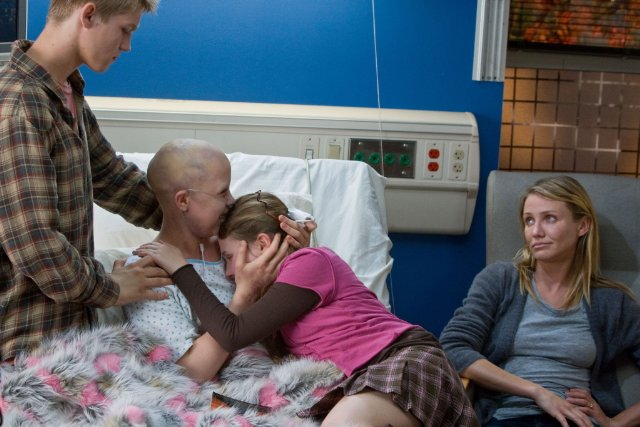I couldn’t resist a weekend of short films, lectures and networking opportunities, but what really sold this London Short Film Festival (LSFF) event was combining all this with a countryside camping weekend at the Quadrangle farmhouse and barn near Shoreham, Kent. I saw great films, met wonderful people, learnt more about producing a film, and left feeling validated as a professional screenwriter, filled with the confidence to go forth and make a film, not tomorrow, but today.
The LSFF runs every January, but this was their first time Down at the Farm. They’d invited about thirty farmhands to camp from Friday to Sunday afternoon, and really looked after us, with many IPA’s included as networking drinks, and all our locally sourced, top notch meals for a little extra, which kept us going through the back-to-back line up of films and talks.
In the first talk, Valentina Brazzini and Tristan Goligher from London film production company, The Bureau, mentioned how you have to love the project you are working on. This is something I remembered from my MA. Not only do you have to have something to say, you have to have passion for the project, and be able to defend it. When I pitched my latest feature film to David Pope of Advance films, I discovered a part of my story that I wasn’t passionate about, couldn’t defend it, and realised it didn’t match what I wanted to say.
You also have to be able to identify your projects weaknesses and counter them before they become a problem. Jamie Stone spoke about his latest film project,
Orbit Ever After, a magnificent sci-fi love story, all made for a measly fifty thousand pounds. Instead of ignoring the projects weaknesses, Jamie developed new, shoe-string budget in-camera special effects and demonstrated them in his pitch with the BFI, which secured him the funding.
Roger Hyams from the London Film School discussed how short films don’t have to be narrative based. At first, I was a little uneasy as I’m passionate about storytelling and felt Roger wanted to see more art house pieces, but I left realising the scope of short films. He said that a film can be like a poem, with the example of a film about the New York Elevated Train, which was a succession of train images, glorifying the filmmaker’s joy of trains. He spoke about La Jetée (which I saw the following day and loved), a huge narrative set in a dystopia after world war three, but told in about thirty minutes through a succession of still images. It really only worked as it fit the film's idea of memories and images, but showed how you can think outside the box about which form works best for your piece.
It was great to hear from Polly Stokes, Producer and Development Editor at Film4, who said they would like feature films, specifically genre pieces, such as comedy and sci-fi, as quite a lot of new writers write straight dramas. One of the best pieces of advice was how shorts are best as simple, beautifully expressed single ideas, such as the short, Talk, which follows a lonely man who wants to find someone to talk to. It made me reassess my shorts, which I find are quite complicated as there are often several ideas and possible themes at work.
Michael Caton-Jones, director of films such as The Jackal and Rob Roy, showed us his essential short, a 1936 documentary called Night Mail, which he said was a simple film that became something else when explored, which I often find in poetry. I felt it was like a war-time army going into battle, a very serious, well-oiled machine with honour. The best thing was how Michael said that film is not a visual medium, but an emotional one, that film isn’t about showing a story through pictures, but expressing emotion through picture and noise.
I got valuable tips on pitching to industry professionals when I pitched with David. He said it’s important to give your job title up front, as, for example, if I say I’m the screenwriter and he’s the financier or studio executive, he can relax, as he knows he won’t do business directly with me. When I pitched, I kept swapping between detailing the story and the characterisation of my protagonist, but he said that next time I should just tell him the story, because if it’s well written, the characterisation will come out naturally. I need to let the story speak for itself.
The final talk on producing got me thinking about forms, permissions and wages; all the practical stages of producing a film. This, along with seeing Jamie’s film and the films of Steve Oram, who was unafraid to make the films he liked making, made me realise that it isn’t impossible to get a project on screen. I’d started this weekend worried that everyone else would be more professional and successful than me, but I left feeling a part of this short film family, and confident that if I wanted to get a project produced, that I could do so. It’s actually quite easy to get hold of cameras in today’s world, and there are lots of people to collaborate with. Time and money are often excuses used to mask fear of failure, but in the end, it doesn’t matter what happens so long as you make the films you’re passionate about.
The next LSFF takes place in January 2014, but there are
events throughout the year.
The next big short film festival on the calendar is Encounters in Bristol. I hope to be there. If you're interested,
check it out, here.











